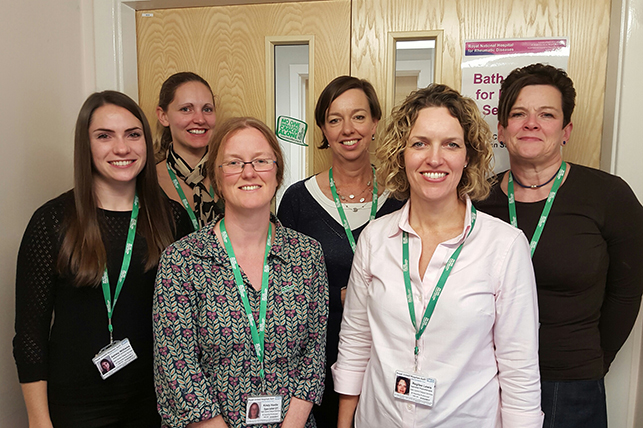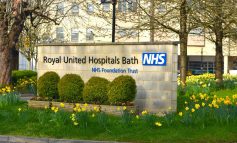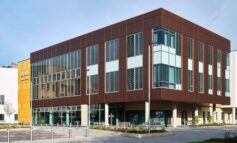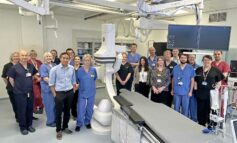This October for breast cancer awareness month, Macmillan Cancer Support wants to raise awareness of the side effects faced by people living with or beyond the disease.

Breast cancer survival rates have been improving for 40 years. More women are surviving breast cancer than ever before, thanks to improvements in treatment and earlier diagnosis.
In the 1970s around 5 out of 10 women with breast cancer survived the disease beyond five years. Now it is more than 8 out of 10.
Kirsty Hastie, Specialist Occupational Therapist at the Bath Centre for Fatigue Services (BCFS) part of the Royal United Hospitals Bath NHS Foundation Trust said: “With many more people diagnosed with and surviving breast cancer, a greater number are now living with the emotional and physical impacts of the disease and associated treatment.
“Some of these are not always expected or recognised. Impacts may last for a few weeks or months after active treatment is completed.
“Cancer survivors’ expectations of returning to a normal life straight away and the expectations of friends, family and colleagues can be unrealistic.
“It’s important to be kind to yourself and not feel pressured to get back to your usual levels of daily activity straight away.
“Sometimes certain side effects of treatment may drag on, for months, occasionally even years, after treatment. These might include physical and mental fatigue, probably the most common side effects of breast cancer treatment, making everyday tasks difficult to complete.
“Additionally, lymphoedema – swelling in the arm on the same side as the cancer site – is a side effect that can also be experienced for a significant period of time.
“For people who’ve had treatment for primary breast cancer the psychological and emotional impacts can be more troublesome than the physical.
“These commonly include worrying about whether the cancer might come back, dealing with changes in body image and a general loss of confidence.”
Peasedown St-John’s Pamela Barnfield was diagnosed with breast cancer in 2008. She explained her experiences: “I was diagnosed with breast cancer in 2008 and had reconstructive surgery after my mastectomy.
“I developed an infection after having some lymph nodes removed and had to wait four months before the surgeon could operate, during which time I got very depressed.
“When you’re first told you have cancer you feel so alone and scared and your life changes so much. You’re taken into hospital so quickly and given so much information, but, once you’ve had your operation, you’re left pretty much on your own and don’t know which way to turn.
“You’re given leaflets and books and you just muddle your way through it. Care after cancer is needed so much and, in my case, the fatigue and lymphoedema are worse than the actual cancer.
“I tried counselling twice at Macmillan’s Step Up programme at the BCFS. It helped me so much and I really recommend it.”
Regitse Lewis, Macmillan Clinical Specialist Physiotherapist at BCFS, continued: “The key message here is if you’re dealing with any of these side effects, you don’t have to face them alone but you do need to tell someone about them.
“Talk to your GP, specialist cancer nurse or oncologist, go to your local Macmillan information and support centre, or look for support online.
“Whether it’s linking up with a specialist service such as the Bath Centre for Fatigue Services, joining a support group, taking part in a community based exercise programme, asking for a referral to a counsellor, or even just accessing information, there is plenty of help and support available which could make a positive difference to your quality of life.”
No one should face cancer alone. If you have any worries or questions about breast cancer, visit www.macmillan.org.uk or call Macmillan free on 0808 808 00 00.



